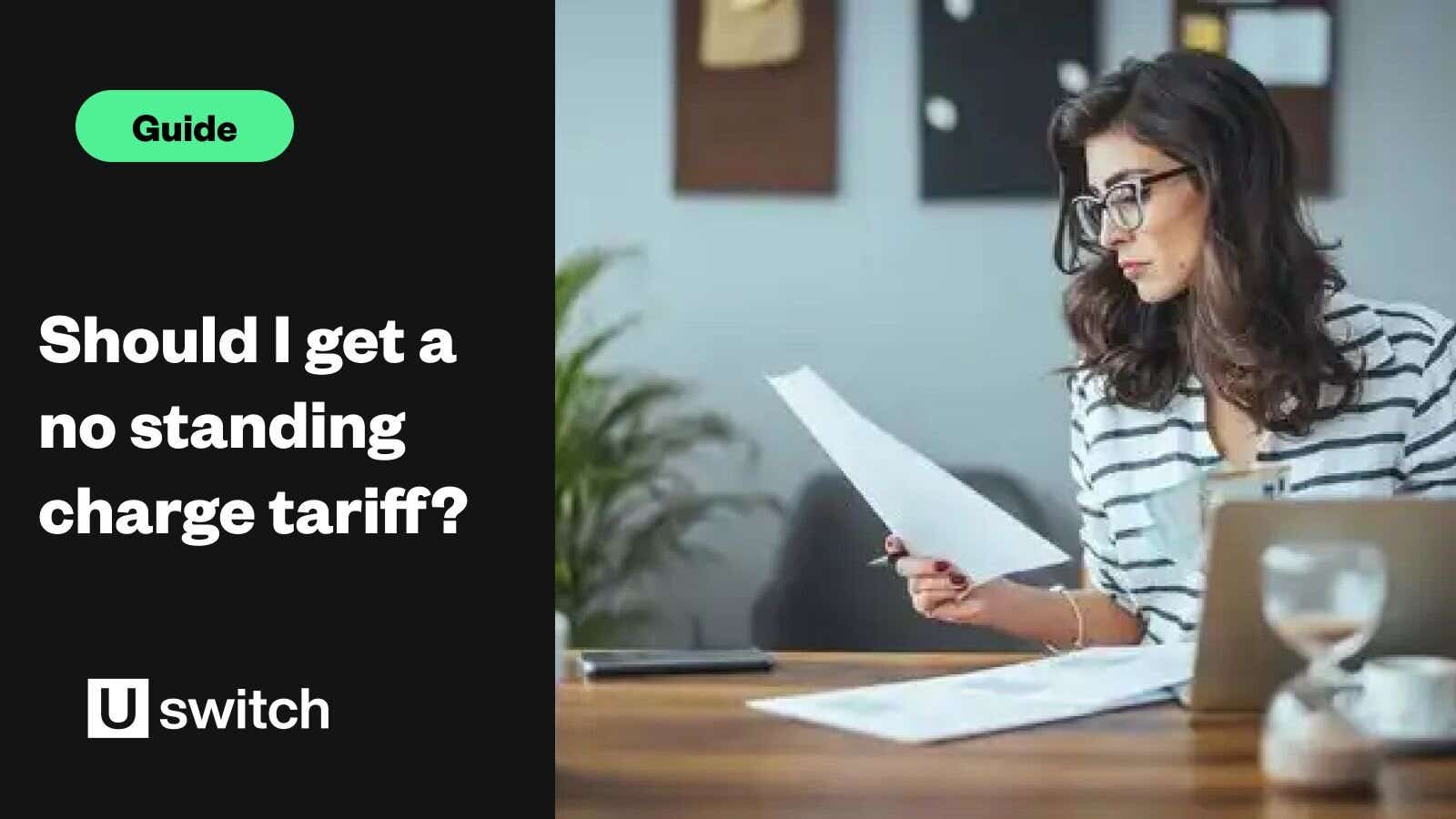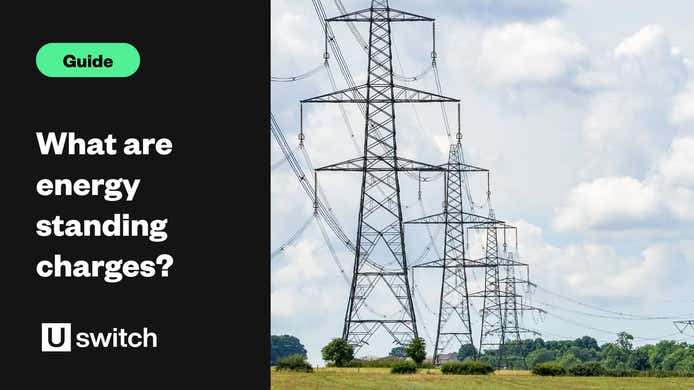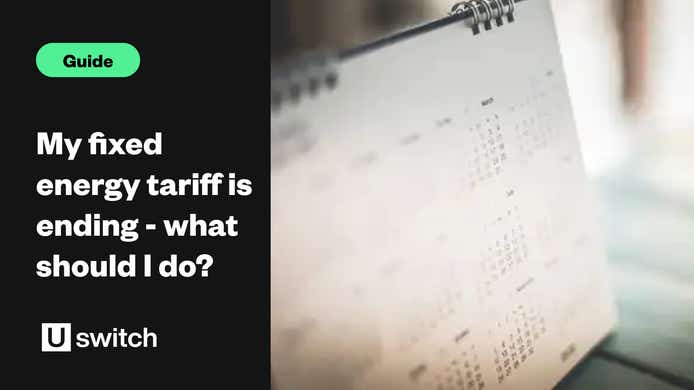What is a no standing charge electricity tariff?
Also known as a zero standing charge tariff, a no standing charge tariff is just a gas, electricity or dual fuel deal that has no standing charge - the daily fixed fee that energy suppliers typically charge, meaning you only pay for the energy you consume. However, these tariffs usually come with higher unit rates for gas and electricity, which could result in higher energy bills if your energy consumption increases.
No standing charge tariffs can be advantageous for properties with low energy usage, such as second homes or unoccupied residences. However, rising standing charges due to the volatile energy market have been criticised by those attempting to use the minimum of energy in order to manage their bills.
What's the latest on no standing charge tariffs?
As a result, in December 2024, Ofgem announced plans to compel suppliers to offer more tariffs that don't include standing charges on the understanding that unit rates would increase to cover the gap. The intention is to ensure that customers have greater choice in the tariffs on offer to them when they decide to switch.
What would more no standing charge tariffs mean for the price cap?
One potential downside to mandating that suppliers offer no standing charge energy tariffs is that it adds a potential complication to the energy price cap. Currently there is one cap for credit customers and one cap for prepayment customers. However, it is likely that there would also need to be a cap for tariffs with no standing charge in order to ensure that unit rates can be higher to compensate for the lack of standing charges, but not prohibitively so.
Why should I get no standing charge electricity?
If you are on a tariff which includes standing charges, you’ll always have to pay them regardless of whether you’re actually using the energy or not. For those who have properties that aren’t always occupied, this is a fee that won’t be particularly welcome. If you get zero standing charge electricity, you’ll only have to pay for what you use, so in these cases it can be a good option. Additionally, the cost per unit of energy you use often ends up being lowered after a certain amount of energy is used.
How much are gas and electricity standing charges?
For the price cap that runs from 1 January to 31 March 2025, the average standing charges for gas and electricity will be:
| Electricity | Gas | |
|---|---|---|
| Standing charge | 60.97p per day | 31.65p per day |
Who supplies no standing charge electricity?
There are only a few suppliers which offer no standing charge electricity tariffs, which will limit your options if you’re dead-set on not paying them. They are always subject to change - the energy market rarely stands still - but two suppliers which often offer tariffs with no standing charge for electricity or gas are Ebico and Utilita.
In terms of the big six, which remain popular with consumers around the country, it is unlikely that you’ll find many tariffs with no gas or electricity standing charge.
Are there any disadvantages to electricity with no standing charge?
There are a couple of disadvantages if you sign up to an electricity deal with zero standing charge.
- You won’t have as many choices in terms of the supplier and type of plan you go for, which might not be ideal depending on where you live
- The fees you pay for the energy you actually use might end up being higher than those charged by other suppliers in order for them to offset the money lost by not imposing a standing charge.
These disadvantages might not necessarily matter to you, but it’s worth considering the whole picture before committing to a no standing charge electricity or gas tariff.
Can I get no standing charge electricity with a prepayment meter?
Given that there are few regular tariffs that offer no standing charge electricity, it's unlikely that you’ll find a tariff for a prepayment meter that doesn’t require the payment of standing charges.
Can I get business electricity with zero standing charge?
Zero standing charges are also available for business tariffs, and work in the same way as domestic tariffs that don’t include a standing charge. If you operate a seasonal business, like a holiday park or a campsite, not having to pay a standing charge would be ideal.
However, like domestic energy tariffs, business energy tariffs with no standing charge will be subject to higher unit rates, so it’s important that you think about the impact on your bottom line when making your decision.
Is this part of a trend for new types of energy tariff?
It's likely that we'll see an increasing number of innovations in terms of energy tariffs offered to customers. Usage has changed and customers now have a greater understanding of how their energy habits and lifestyle influence their bills. Time-of-use tariffs, for example, are likely to become more popular so people can take advantage of lower rates during the night.
Is it worth signing up to a no standing charge electricity tariff?
Ultimately, whether it’s worth signing up to a no standing charge electricity tariff depends on your outgoings and whether you think it is more cost-effective to just pay the standing charge rather than potentially be subject to higher unit rates. If you live in the property, it doesn’t make sense to pay higher unit rates because you’ll end up cancelling out the savings you make by not paying the standing charge. If the property is a holiday home or a property you otherwise rent out infrequently, a tariff with no standing charges could well be the way to go.




